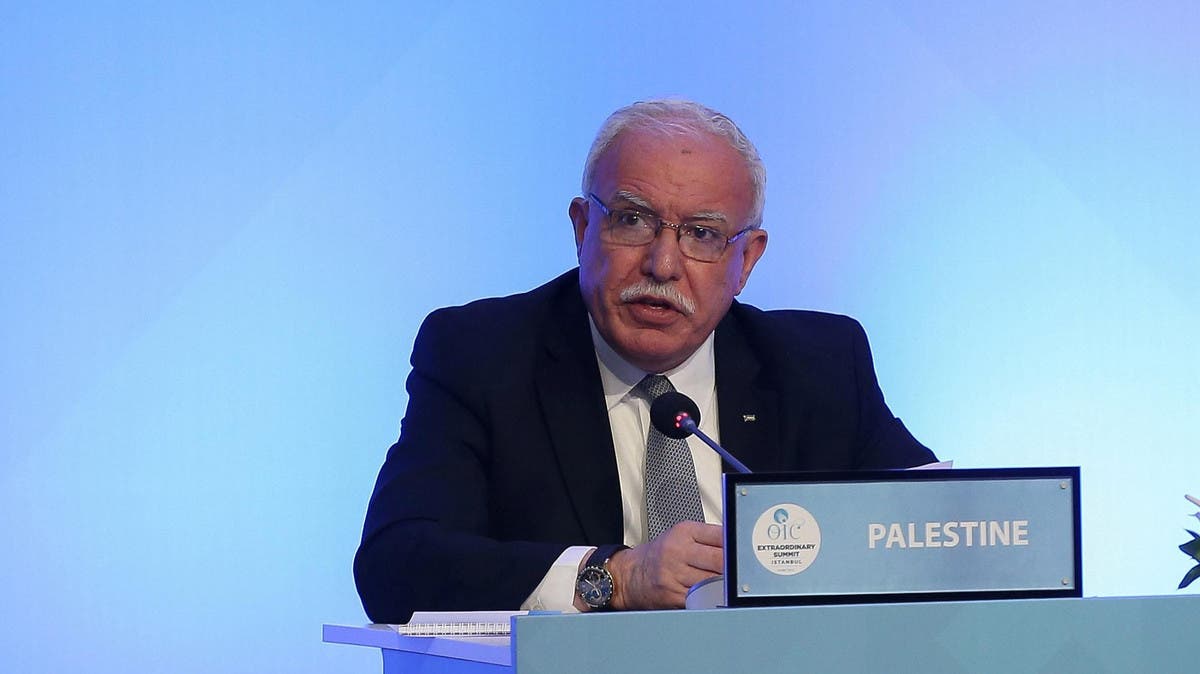The foreign minister of the Palestinian National Authority has complained that New Delhi’s abstention “stifles the important work of… advancing human rights for all peoples, including those of the Palestinian people”. The statement came days after India abstained at the UN Human Rights Council on a resolution proposing to set up a Commission of Inquiry into violations related to Israel’s recent bombardment of Gaza.
“India missed an opportunity to join the international community at this turning point, both crucial and long overdue, on the path to accountability, justice, and peace,” Indian Express quoted Riyad al-Maliki as saying in a sharply worded letter to External Affairs Minister S Jaishankar.
India was among 14 countries that abstained on the proposal for an inquiry. Twenty-four members voted in favour, and nine against the resolution that was adopted in Geneva on May 27.
Importantly, in its statement at the Council, India dropped the stock phrase from its statements of the past about extending strong support to the “just Palestinian cause” — signalling a nuanced shift away from the Palestinians and towards Israel, the Express said.
“I write to express our concern by the position taken by the Republic of India in the Human Rights Council 30th special session of 27th May 2021 on the seminal resolution…ensuring respect for international human rights law, and humanitarian law in occupied Palestinian territory, including East Jerusalem and Israel,” al-Maliki wrote in his letter to Jaishankar on May 30.
“The resolution is not an aberration to the Human Rights Council… It is the byproduct of extensive multilateral consultations. It is the consolidation of years and thorough investigations into and reporting on Israel’s grave violations by States, United Nations experts, Human Rights treaty bodies and international organizations, without effective accountability measures.”
He said.
Indian media says New Delhi is walking the diplomatic tightrope between Israel and Palestine, but has made neither side happy. The Palestinian National Authority has expressed disappointment, and Israel has not thanked India, the Express said. Besides the abstention, Ramallah is upset that New Delhi did not refer to “the just Palestinian cause”.
“Therefore, your abstention stifles the important work of Human Rights Council at advancing human rights for all peoples, including those of the Palestinian people. The Palestinian people have been excluded from the applicability of the universal and the indispensable principle of accountability, a prerequisite to justice and peace.”
If the “root causes of the injustice that befell the Palestinian people,… (and their) disposession, displacement, colonisation, oppression…and violation of their every human right by Israel” are not “prioritised”, al-Maliki said, “the situation will not only remain volatile, but will continue deteriorating with far reaching and grave repercussions.”
Eleven days before the vote in Geneva, the Permanent Representative of India to the UN had said in a statement at the UN Security Council on May 16: “I reiterate India’s strong support to the just Palestinian cause and its unwavering commitment to the two-State solution”.
When the May 10-21 fighting between Israel and Hamas was still ongoing, India’s Permanent Representative T S Tirumurti said: “We support all ongoing diplomatic efforts, including of the Quartet, to bring the ongoing violence to an end and to seek durable peace, in line with the vision of the two States living side by side within secure and recognised borders.”
At the Human Rights Council on May 27, India said that it “welcomes the diplomatic efforts of the international community and regional countries that have resulted in bringing a ceasefire between Israel and armed groups in Gaza”.
Among the countries that abstained on the vote, along with India, were France, Italy, Japan, Nepal, the Netherlands, Poland, and South Korea.
China, Pakistan, Bangladesh, and Russia were among those who voted in favour; Germany, the UK, and Austria voted against the resolution.










